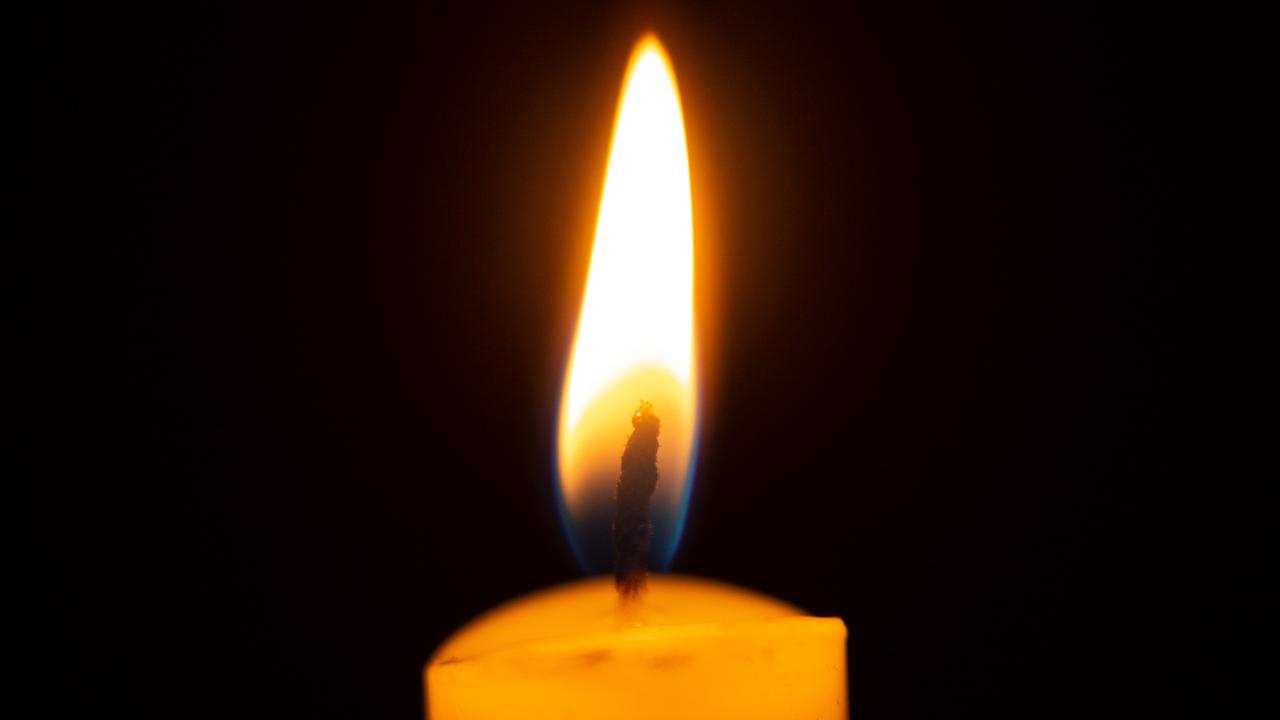Ness led a dedicated battalion of carers
SHE went on to become the first nursing president of the Australian Nursing Federation, but it was caring for those on the frontline where Eunice Paten, and so many others, learnt the true cost of war.
ANZAC Centenary
Don't miss out on the headlines from ANZAC Centenary. Followed categories will be added to My News.
EUNICE Paten was one of the first Australian nurses to see active service in World War I, and later went on to become the first nursing president of the Australian Nursing Federation.
Eunice, who was always known as Ness, was 31 when she sailed for Europe on September 24, 1914 with the boys and men from the 9th Battalion.
It was less than a month after war was declared, and Ness was destined to become part of history as one of the 300 nurses from all over Australia treating the wounded from Gallipoli.
She served at 1st Australian General Hospital, one of two Australian facilities in Cairo. Unlike her younger sister, Irene Winifred (known as Win), Ness never married.
Win lived in Melbourne with her baby daughter Betty and her handsome young husband, Andrew Gordon Woodyard, who everyone called Gordy.
Ness was raring to go wherever the troops were sent, and joined the war effort before Gordy, before another sister, Pearl (who also became an army nurse) and even before her youngest brother, Edward.
Even though she had saved for five years to pay for the midwifery course she had just completed in Melbourne when war broke out, Ness joined the Australian Army Nursing Services within weeks of Australia’s decision to support the “mother country”.
Like many, she possibly believed the war would be done and dusted by Christmas and when she said goodbye to Win and Gordy and Betty in Melbourne she probably expected to see her siblings again soon.
Ness served in Alexandra, Cairo and Abbassia, before arriving at the carnage that was Gallipoli.
Her brother Edward joined up just before Ness was posted back to England. She was head sister at the 2nd Australian Auxiliary Hospital at Southall when she heard Edward had been killed in action in Belgium, in July, 1917.
Gordy affectionately referred to his sister-in-law as “Cobber” and regarded himself as her honorary brother.
“My word, Ness, my hair stood on end with admiration when I saw the boys go over so cocky under horribly heavy and thick fire. They were wonderful and it makes me proud to be an Aussie,” he wrote to Ness from the Western Front in 1918.
“Don’t worry about me. Am A1 at present except for my blinking back. Heaps of brotherly love from your bro Gordy.”
Three days later, Gordy was shot and killed by the Germans.
The great-grandson of Ness’s other brother Jesse remembers his Aunt Ness well. Mark Oberhardt was a teenager when Ness died aged 90 in 1973, still unmarried.
“She was a tough old chook,” Mr Oberhardt said. “I remember when she was very old she broke her leg and it was about six days before she was found.”
Another Paten descendant, Andrew Trewin, remembers Aunt Ness too.
“I think the war probably changed her irrevocably,” Trewin said.
“Whenever I think of her I imagine her being the last person a young man ever saw. She would have nursed so many young men who were dying. I think she was hurt from all the losses she endured — her brother, her brother-in-law — yet she kept going.”
By the end of the war more than 3000 Australian nurses had served their country in places such as Burma, India, Egypt, Greece, Italy and France.
Seven Military Medals were awarded to nurses for their courage under fire and Ness herself was awarded the Royal Red Cross for service to her country.
Originally published as Ness led a dedicated battalion of carers


